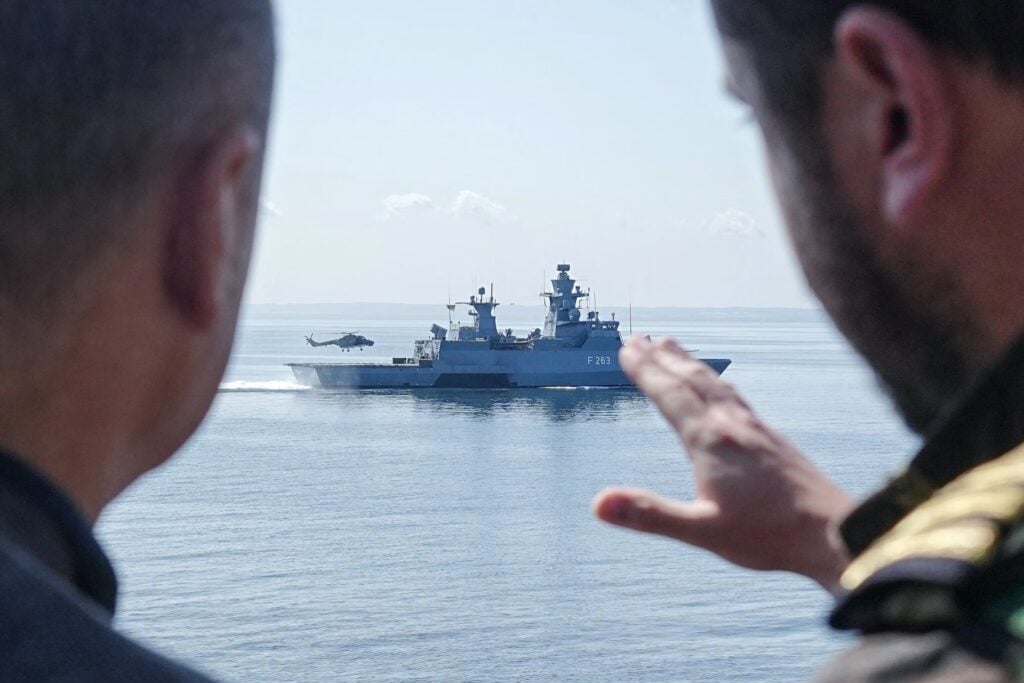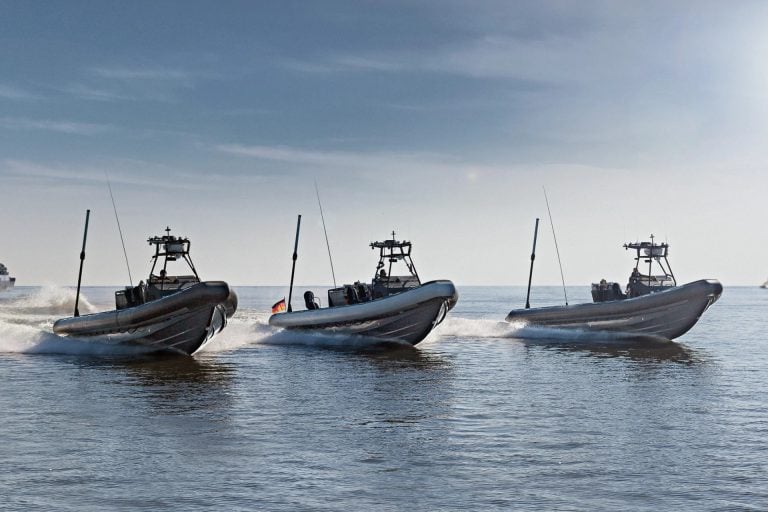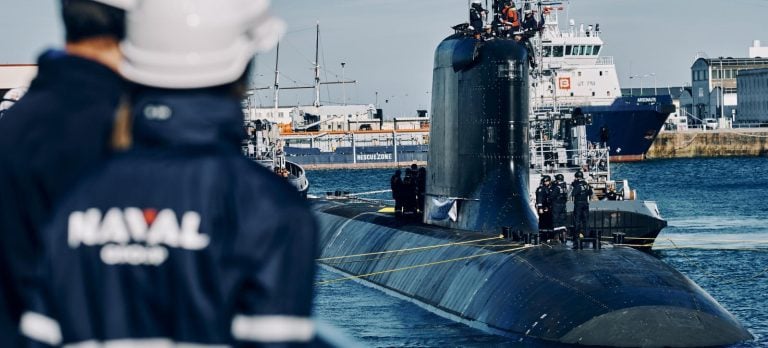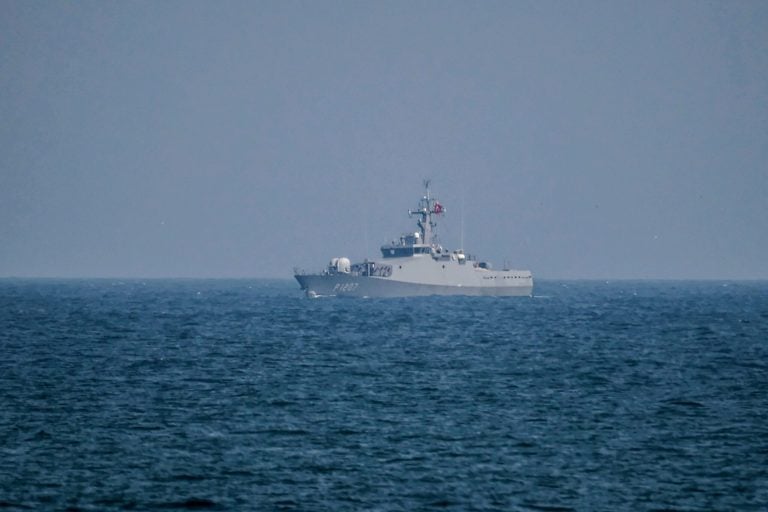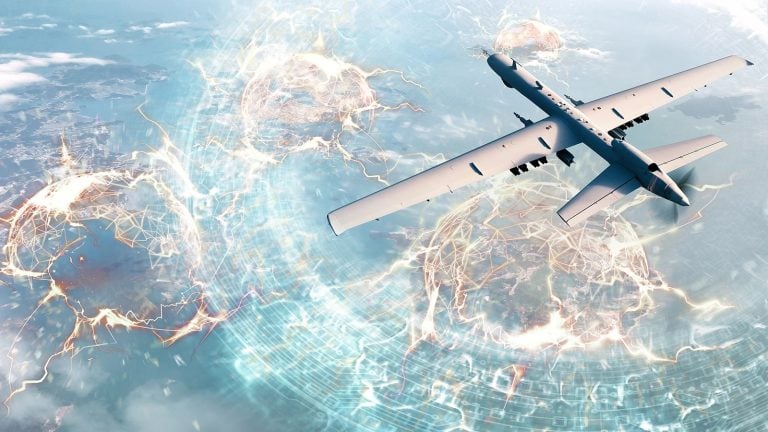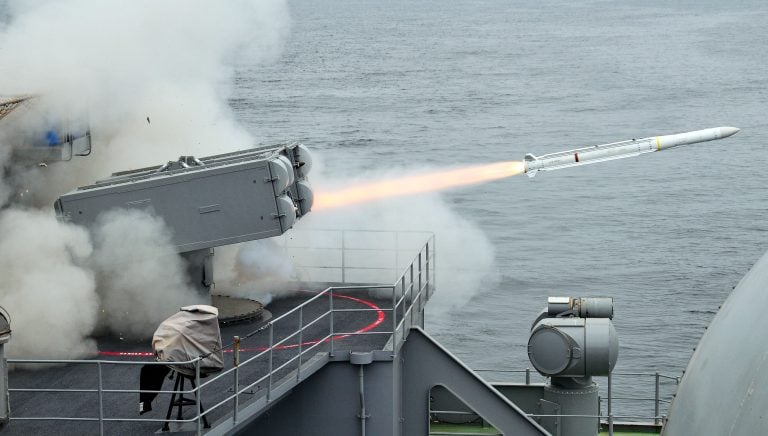Germany’s Defense Minister Boris Pistorius has announced that the nation will dispatch navy ships to patrol Arctic waters amid growing concerns over a significant military build-up by Russia in the region. During a press conference, Pistorius highlighted the escalating maritime threats, stating, “Maritime threats are mounting… To name but a few, Russia is militarising the Arctic.”
He pointed to an increase in Russian submarine activity in these northern waters, which has prompted Germany to enhance its presence in the North Atlantic and Arctic this year. The announcement underscores a heightened focus on security in the Arctic, coinciding with broader geopolitical tensions.
This development comes in the context of U.S. President Donald Trump’s controversial remarks about annexing Greenland, an autonomous territory of Denmark, to address perceived security shortcomings, accusing Denmark of underinvestment in its defense capabilities. The loss of sea ice due to climate change is paving the way for new shipping routes and access to valuable resources, prompting a global competition for influence over the Arctic region.
In response to these dynamics, the Danish government has committed to a considerable investment of 14.6 billion kroner (approximately $2.3 billion) to bolster security in the Arctic, in collaboration with Greenland and the Faroe Islands.
Pistorius detailed the specifics of Germany’s planned deployment, indicating that the support ship Berlin will travel from Iceland to Greenland and Canada as part of a mission dubbed “Atlantic Bear.” Along this route, German forces will conduct joint exercises with allies and are set to make the first port visit of a German navy ship to Nuuk in Greenland. In a further display of military commitment, Germany plans to participate in the Canadian Arctic exercise, known as Nanook, with a range of maritime assets including patrol aircraft, submarines, and frigates.
Denmark’s Defense Minister Troels Lund Poulsen will be sharing further details on new investments for Arctic security later this week, indicating an ongoing commitment from both nations to enhance their operational capabilities in this strategically significant region.
